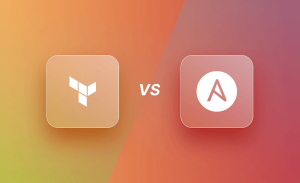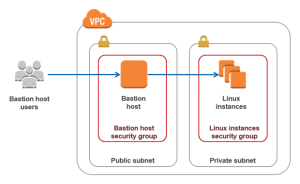
The FastCGI Process Manager (FPM) is a process manager designed to work with PHP in a FastCGI environment. It is commonly used in conjunction with web servers like Nginx and Apache to handle PHP requests efficiently and improve the performance of PHP applications.
FPM manages a pool of PHP worker processes, each capable of handling multiple PHP requests. When a request is received, FPM assigns it to an available worker process, which processes the PHP code and generates the response. By keeping a pool of worker processes ready to handle requests, FPM avoids the overhead of creating a new PHP process for every request, resulting in faster response times and reduced resource consumption.
FPM offers several key features and benefits:
- Performance: FPM improves the performance of PHP applications by keeping PHP worker processes in memory, eliminating the need to spawn new processes for each request. This reduces the overhead and improves response times.
- Process management: FPM provides process management capabilities, allowing administrators to control the number of worker processes, their lifespan, and resource allocation. This flexibility helps optimize resource usage and ensures the stability of PHP applications.
- Scalability: FPM supports dynamic process management, allowing the pool of worker processes to scale up or down based on the incoming request load. This scalability feature helps handle high traffic situations effectively.
- Process isolation: FPM ensures process isolation, meaning each PHP request runs in its own worker process. This isolation improves security and stability by preventing one request from affecting others.
- Configuration flexibility: FPM allows administrators to fine-tune various configuration parameters, such as the number of worker processes, process priority, and resource limits, to optimize PHP performance based on specific requirements.
Overall, the FastCGI Process Manager (FPM) is a crucial component in optimizing PHP performance and scalability in a FastCGI environment. Its process management capabilities, along with performance enhancements, make it a popular choice for serving PHP applications in production environments.





